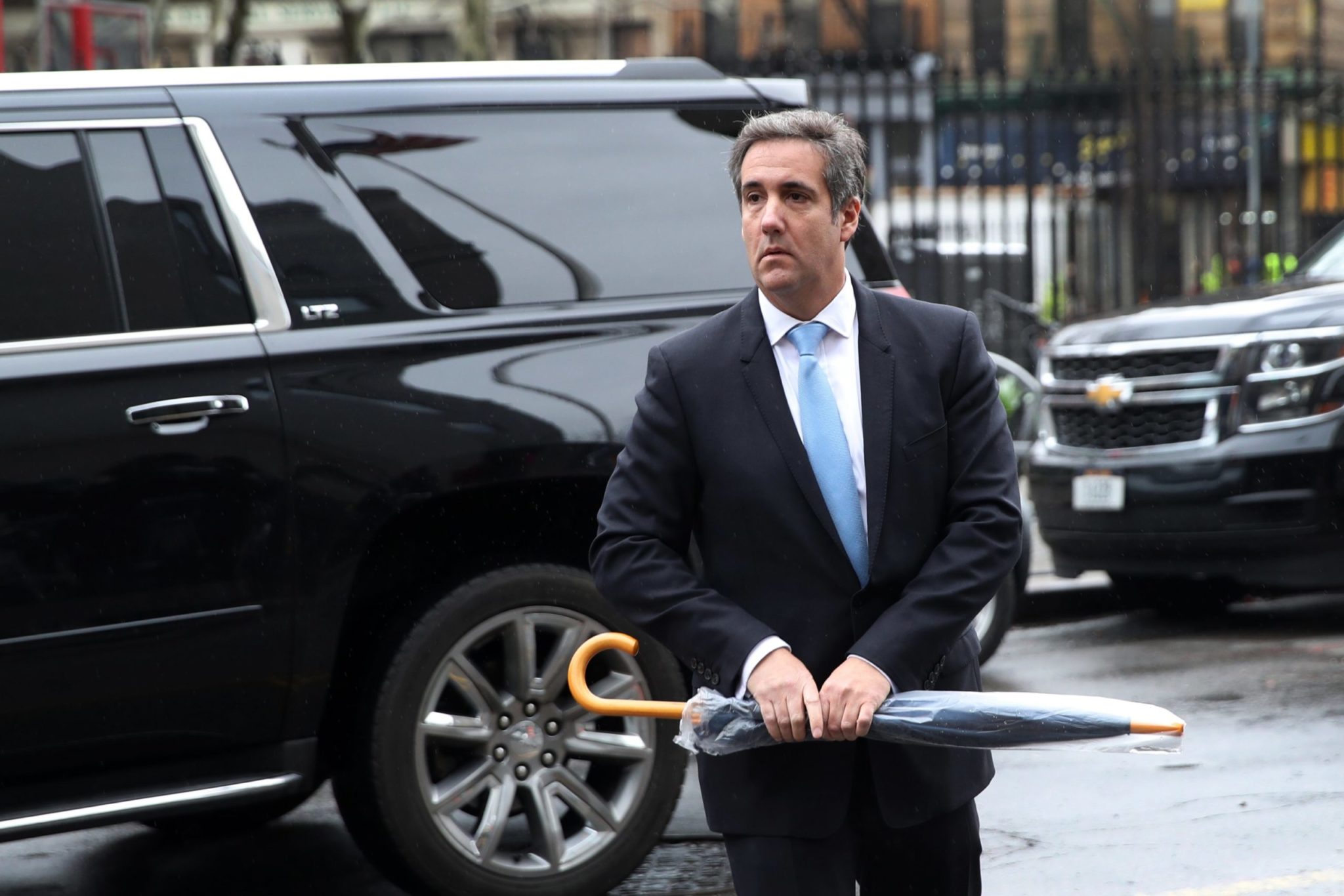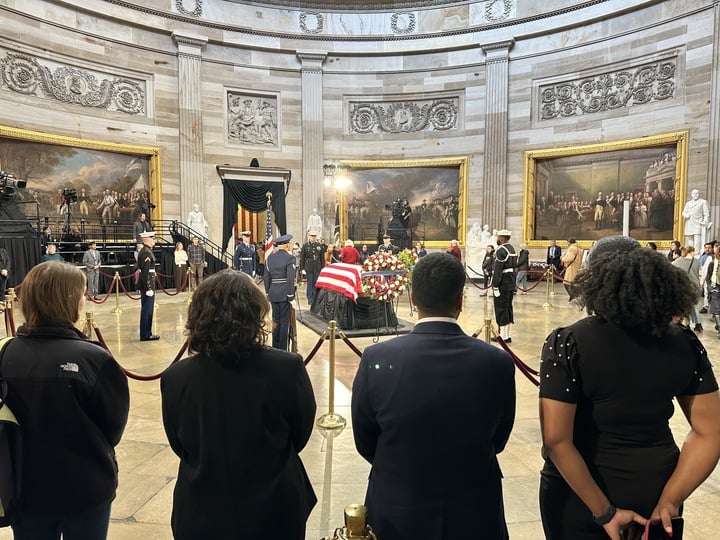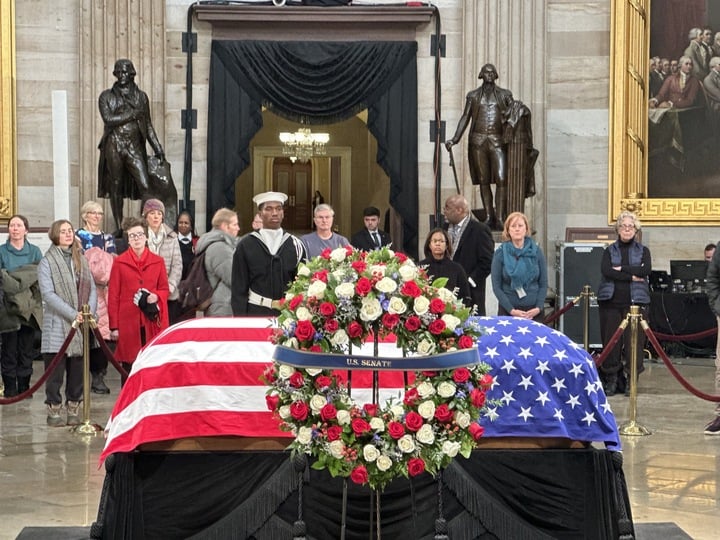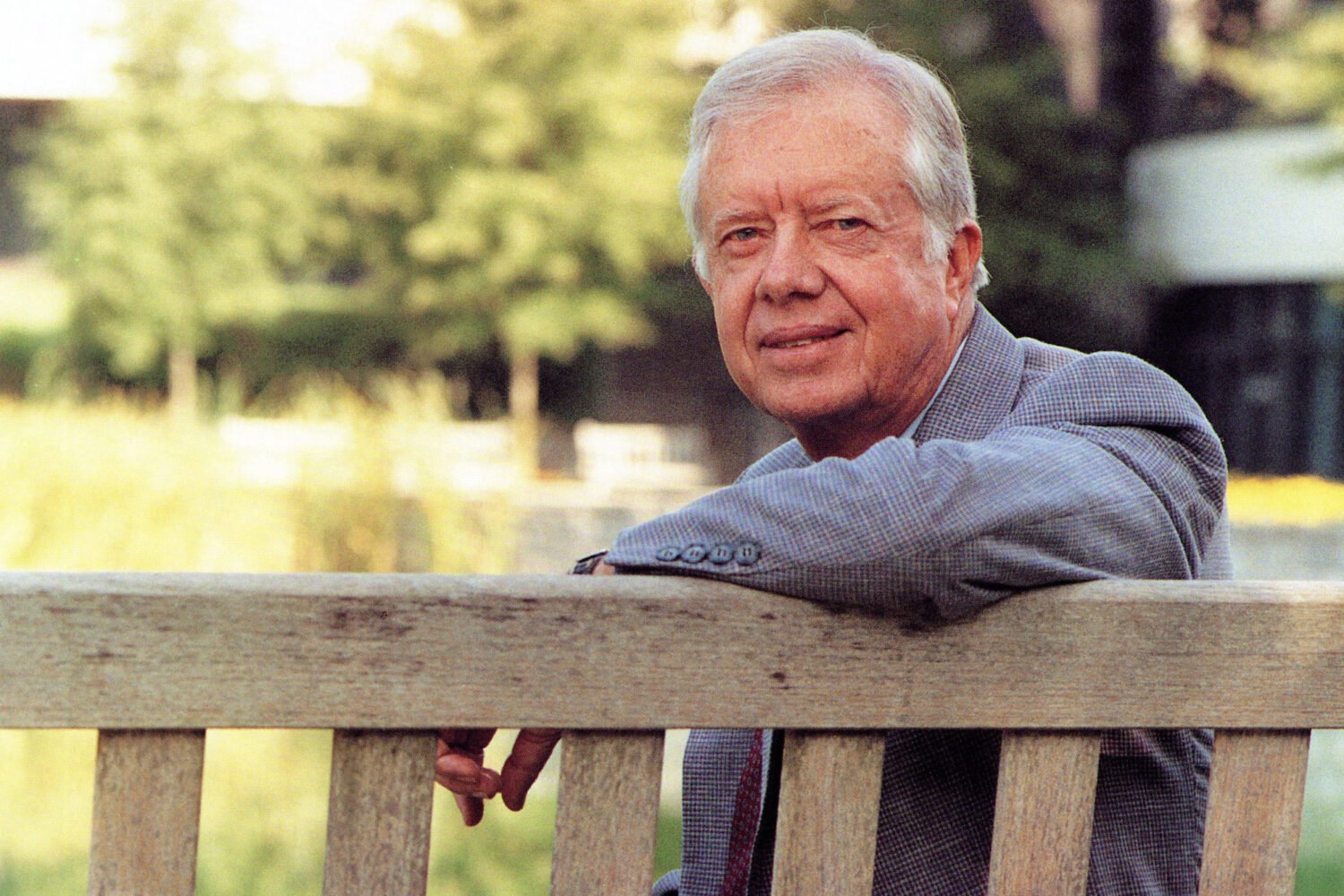Last week, the New York Times reported that President Trump‘s personal lawyer Michael Cohen accepted millions of dollars from large companies, including AT&T, for access and insight into the president. Since then, questions have arisen about whether Cohen should have been registered as a lobbyist.
James Hickey, the founder and president of the Government Relations Association, a professional organization for lobbyist and government relations professionals, chatted with Washingtonian about whether Cohen was acting as a lobbyist at all.
Washingtonian: What does it mean to pro lobbyists that companies are hiring Trump’s personal lawyer?
James Hickey: Well, first off, what Cohen was doing, at least from what I’ve seen in the press reports, it’s unclear if there was any lobbying at all. There are three different kinds of lobbyists: in-house lobbyists where you represent the interests of one company, contract lobbyists where you work for a firm that might have multiple clients, and association lobbyist where you represent a specific profession or industry and follow specific issues that affect members of that professional organization.
From what I’ve seen, Cohen didn’t promote himself as a lobbyist or a government relations professional, he promoted himself as having access, and that’s a snakeoil for people that don’t understand our profession. The president’s barber or someone who sits next to them in church—they have access, but would you retain them? Access doesn’t necessarily deliver results.
How unusual is what we’re seeing with Cohen?
It’s actually not that unusual. This happens at the beginning of most new administrations. For instance, Billy Carter had lobbying contracts for a short period of time because the president, Jimmy Carter, was so new and unknown outside of Washington people were looking for any opportunity to understand. But things settle out as companies realize they need to go back to basics and work with experienced professionals.
I don’t necessarily chalk [the Cohen story] up to that kind of panic, but there is that feel.
What are you hearing from other people lobbyists about what’s happening with Cohen?
We have had discussions, and we really roll our eyes at this, because it’s a little frustrating to hear people refer to what [Cohen] may or may not be doing as lobbying. It’s not. Selecting a government relations advocate who promises access is like betting on a horse at the Kentucky Derby because the owner and the jockey says its going to win. There are 20 horses in the race with owners and jockeys who want to win.
Cohen, to my knowledge, was not selling professional services, he was providing a fantasy of access that has little hope of yielding positive, workable results.
What’s the difference between what we’re seeing with Cohen and what you and other lobbyists do?
People who practice government relations need to have the following four things: they need to be registered, they need to be experienced in the field, they need to have a history of ethical conduct, and a history of identifiable results. And when I say registered, I mean that if you spend 20 percent or more of your time lobbying, you’re required to register with the appropriate House or Senate offices, you have to fill out monthly reports about how much time you’re spending lobbying, and quarterly reports about issues that you lobby on.
If you apply those standards to what we’re seeing from Cohen, I don’t think you would find a lot of overlap.



















